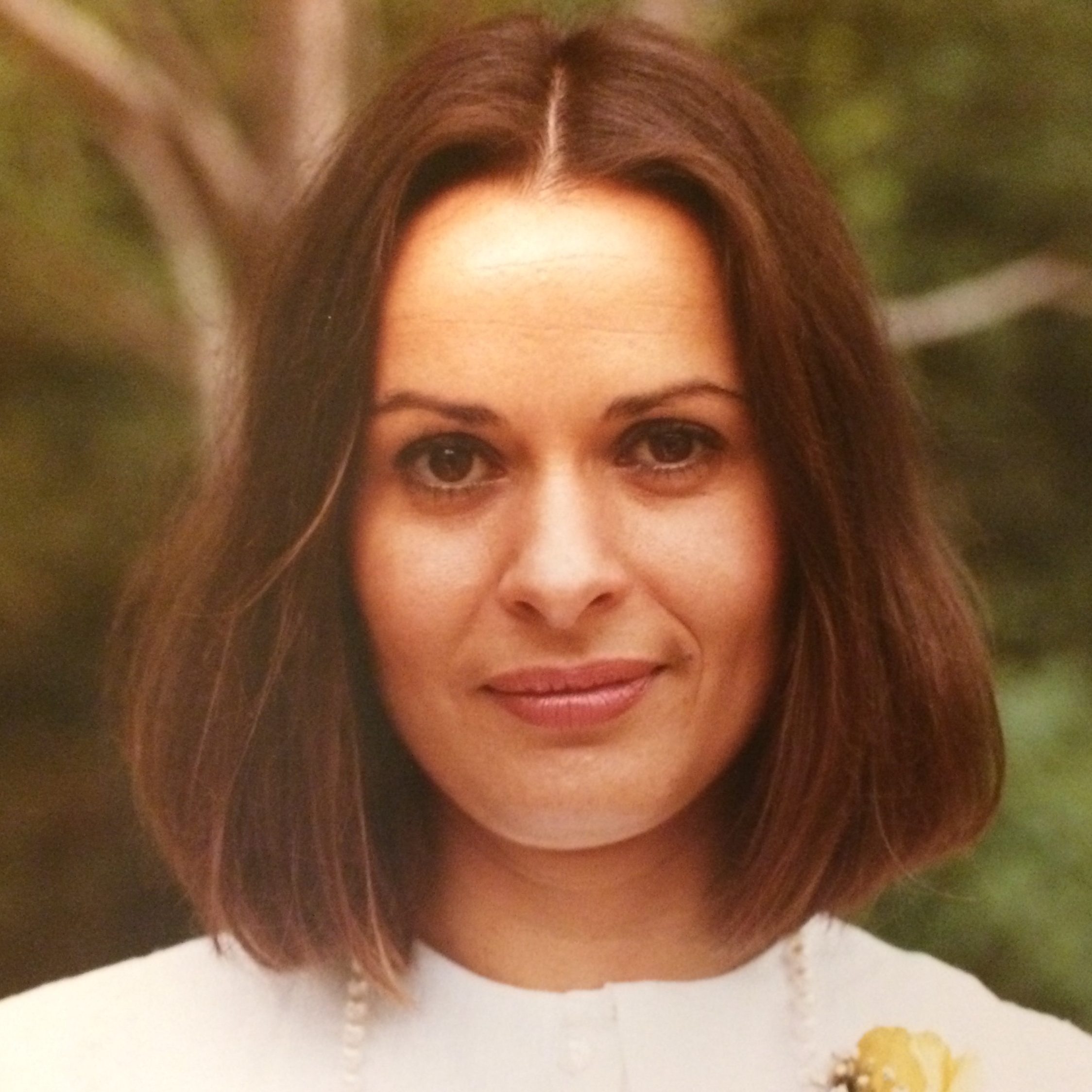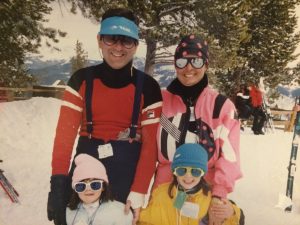Cherie Levien

The Levien Legacy Fund
Cherie Levien was unstoppable until PSP invaded her. But even then, she was not stopped without a mighty fight and battles won - victories to encourage all others so afflicted.
Cherie grew up outside Worcester, Massachusetts, and came from modest means and a modest family background. She deleted the word "impossible" from her personal dictionary by the time she was a teenager. She was the first person in her family, and a girl no less, to attend and graduate from college. At age 21, she packed one suitcase, with no place to live, no job and little money, and bought a one-way bus ticket to New York City.
She found work in New York and, then, a career. In the early days, she walked miles to and from her office, because her budget did not provide enough for subway fare. She also walked up and down five flights of stairs to a cubby hole that was her home. But, she was unstoppable, and nothing was impossible.
A decade later, and now in Washington DC, Cherie became an executive at Ringling Bros. Barnum & Bailey. The unstoppable girl from small-town roots was spending as much time in Tokyo, Taipei and Hong Kong as in the United States. She could negotiate circus merchandise purchases down to the half penny per dozen. And drink her manufacturing hosts under the table.
Work career gave way to family career, which became her even bigger success. Cherie raised two girls to be smart, successful and, above all else, decent young women. Unlike in her own childhood, Cherie's daughters were not forced to raise themselves. Nor were they stifled from making mistakes and learning and growing on their own. She was always a source of clear guidance, but never a source of decision. She took good care of everyone around her.
Her body wearied when PSP attacked, but her mind and her guidance remained until the very end. In those last several years, however, she was no longer unstoppable alone. She engaged with physical therapists week after week after week, determined not to give any ground to what she always called "that nasty disease." And, she accepted help from a dear friend and caregiver. Her doctors noted that these physical efforts and her willingness, reluctantly at first, to accept outside care extended her quality of life, not just her time of life, for at least six months. Outside caregiving also was a blessing for her family - it allowed healthy family relationships to continue along with the family's own caregiving efforts. Outside caregiving permitted her husband to continue his career and allowed both daughters to start their careers and their own families.
To honor and remember Cherie, her family seeks to provide others the same benefits which she was so lucky to receive. We wish to make caregiving possible for families who would otherwise be unable to provide it to their loved one. We hope that other families thus can find respite from PSP's terrible burdens, and that the journey of this malady is made just a bit easier to endure.
Join our email list
Get the latest news and resources
directly to your inbox.
Get the latest news and resources directly to your inbox.
Sign Up
